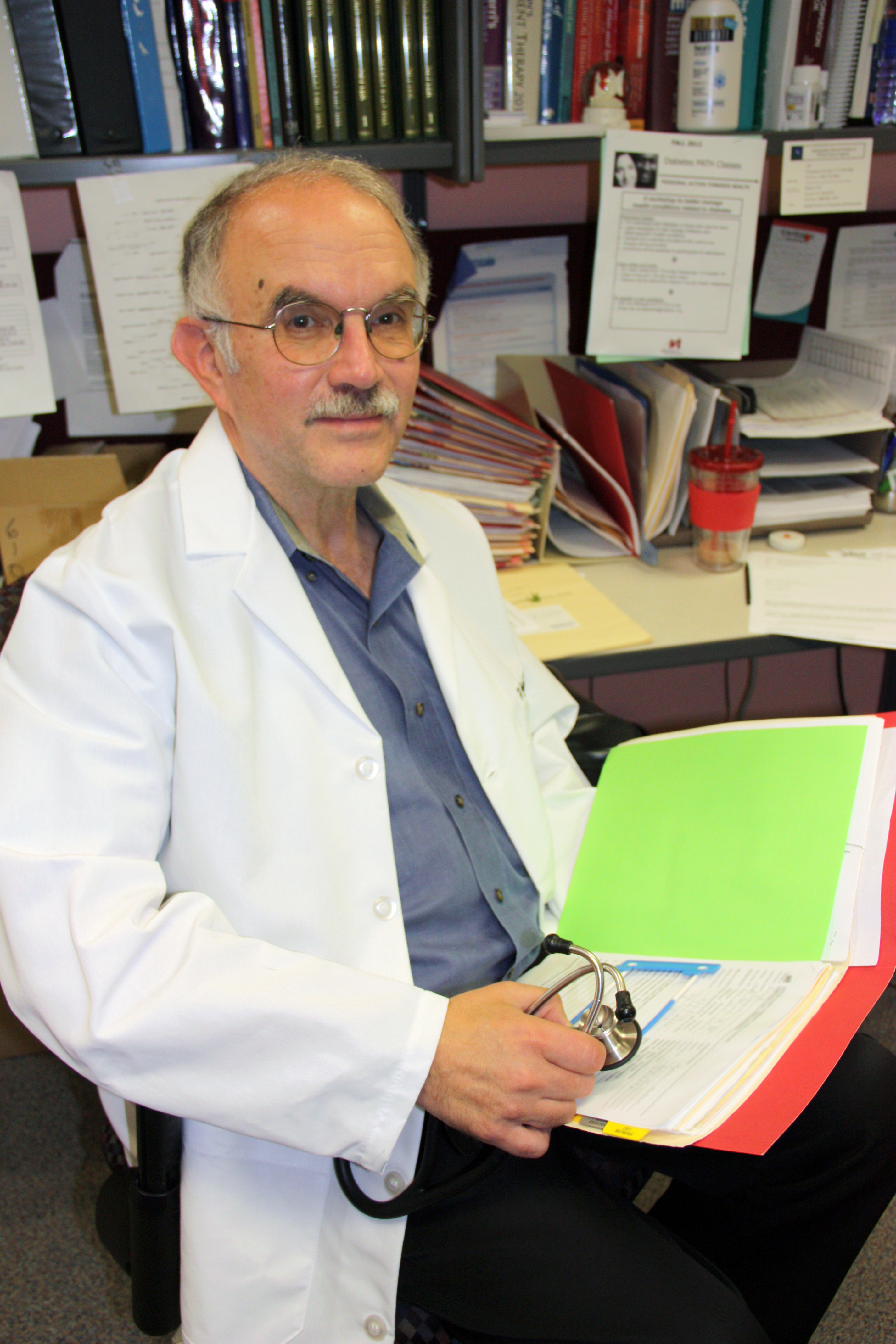The delta variant has been identified in at least 180 countries, according to the World Health Organization, and is the predominant strain in the United States. Peter Gulick, professor of medicine at the Michigan State University College of Osteopathic Medicine and infectious disease expert, answers questions about the variant.
How has the delta variant changed the risk of getting COVID-19?
The Delta variant is 60% to 70% easier to transmit person to person than other strains of the virus. The delta strain originated in India and many people were infected by it because they weren’t vaccinated. The lack of vaccination allowed the virus to mutate to a form that is far more easily transmitted, which is why 94% percent of the strains in the U.S. right now are delta. It’s able to invade our cells more effectively, creating higher amounts of the virus in our nasal passages making it much more infectious. The good news is the Moderna and Pfizer vaccines are highly effective against the delta strain, meaning that those who are vaccinated are unlikely to be hospitalized if they catch it.
According to science, what is causing new variants?
Variants occur when a virus continues to replicate and not stopped in its place by a vaccine or natural immunity that’s gained after a person contracts the virus. And because it replicates in fast rate, mutations occur. Often mutations make the virus unstable and it won’t grow. But occasionally a mutation will form that gives the virus a little bit of an advantage as far as its survival — and that’s what’s happened with the delta strain.
If the purpose for vaccination is to stop the spread, but the virus can still be spread for those who are vaccinated, then what is the point?
While new research shows vaccinated people can become infected and carry high levels of the coronavirus, it’s important to remember that those cases are rare, and it’s primarily the unvaccinated who get infected and spread the virus. If those who are vaccinated do get the virus, which is rare, they are getting only mild infections not requiring hospitalizations or dying, unless they are immunocompromised.
And as long as we have unvaccinated people the virus will continue to cause infection. And when it causes infection in somebody that doesn't have a good immune system, it lingers in the body and has the opportunity to mutate even more. We're going to get more variants as long as we have a population of people that can still get infected. And this is why scientists are continually checking the effectiveness of the current vaccines.
How can I protect my young, school-age children from getting COVID-19 since there isn’t yet a vaccine for them?
That’s a tough one because everyone wants kids to go back to a normal environment — not wear masks or social distance but we’re not there yet. The best way to protect children now is to make sure they are in environments with vaccinated people both at home and at school.
If kids are surrounded by unvaccinated people, I would encourage the reluctant to make sure they listen to credible, scientific-based information about the vaccine. Don’t make the decision to vaccinate or not based on emotions or politics.
